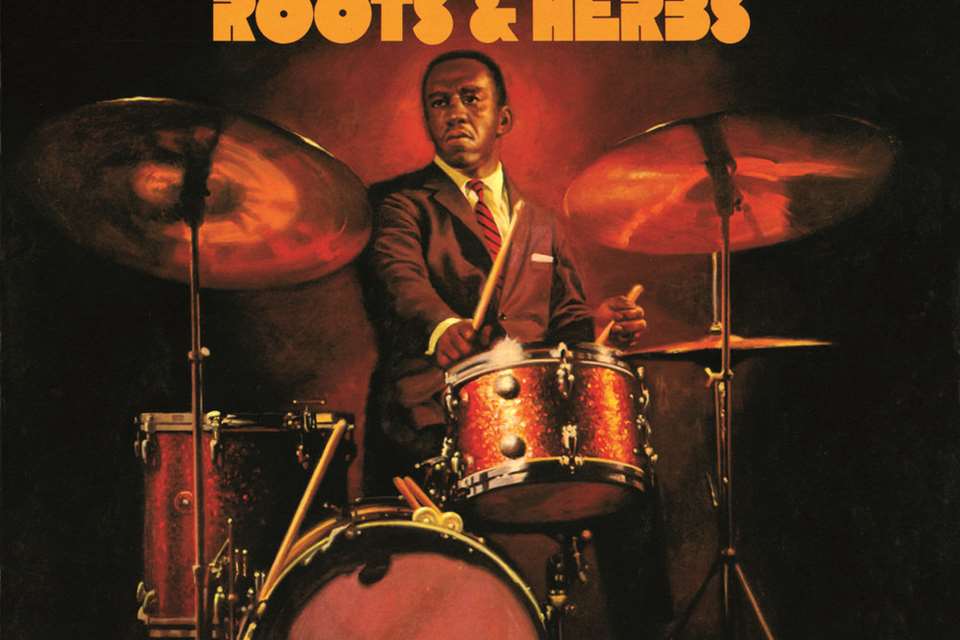Classic interviews... Ginger Baker: “Look, people keep putting my music into little boxes. It doesn’t go into a box, OK? It’s just music. M-U-S-I-C.”
Friday, January 3, 2020
In July 2014, Daniel Spicer braved the deadpan brickbats from this most tetchy of interviewees to discover that Ginger Baker’s love of music was as hard and heartfelt as ever


Register now to continue reading

Thank you for visiting Jazzwise.co.uk. Sign up for a free account today to enjoy the following benefits:
- Free access to 3 subscriber-only articles per month
- Unlimited access to our news, live reviews and artist pages
- Free email newsletter
